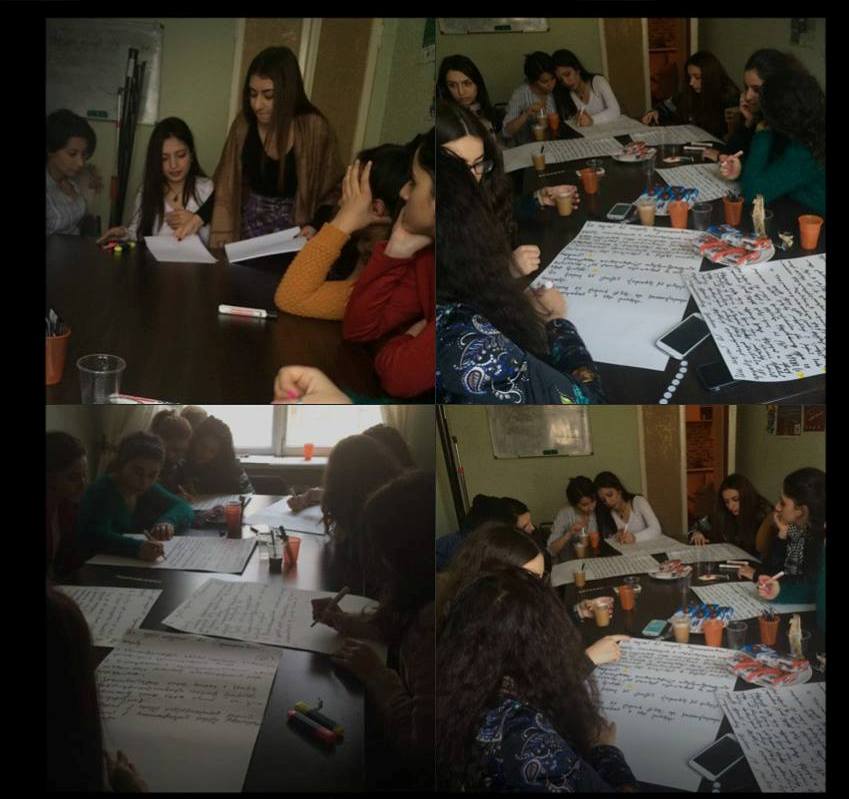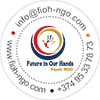 Recently UNICEF organized a research project in Armenia and Future in Our Hands had its contribution to the research.
Recently UNICEF organized a research project in Armenia and Future in Our Hands had its contribution to the research.
Aims of the activity were the following
- To explore with young people their vision for the future;
- To recognise the current situation for young people;
- To develop recommendations and priorities for action;
- To inform the development of a national youth policy for the Government of Armenia, and help identify potential areas for UNICEF Armenia to engage in during the 2016-2020 programmatic cycle.
The research was carried out by 15 young researchers who were trained beforehand how to conduct the research. One of the researchers was from Future in Our Hands NGO. The volunteers joined UNICEF Armenia’s team and contributed to its youth strategy and the development of a new national youth policy. They helped UNICEF to understand the vision, current situation and aspirations of young people to better design programmes for children and young people during their programmatic cycle.
The volunteers were to work with focus groups (between 20-25 participants) of different ages. Each focus group was an active, workshop style session aimed at exploring the vision, key priorities and current challenges of young people across Armenia.
Focus groups took place in regions across Armenia and with different groups of young people – particularly those excluded vulnerable or minorities. One of the focus groups represented young volunteers from Future in Our Hands NGO.
Topics of the discussion for the focus groups were the following
- Physical & mental health
- Education & employment
- Participation & inclusion
- Safety & security
- Housing & transport
- ICT & technology
Ensuring data was collected from the focus groups, and shared with the international consultants.
All in all, according to the feedback of members of focus groups the session was very interesting, productive and useful for them. Moreover it was a good opportunity also for young researchers because they worked with UNICEF and built their skills, knowledge and abilities of research. The research provided an opportunity for them to experience “real life” research, improved their individual and collective research practices and gave them an opportunity to contribute to development of youth programmes and strategy in Armenia.
